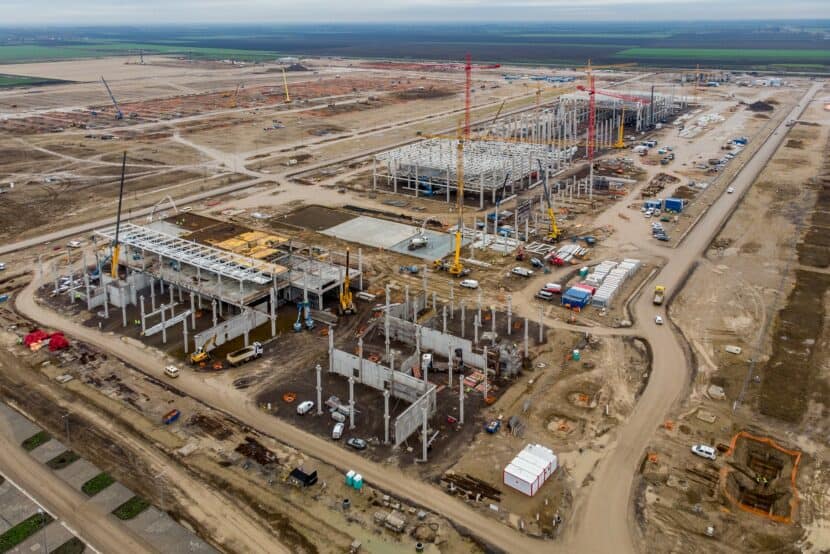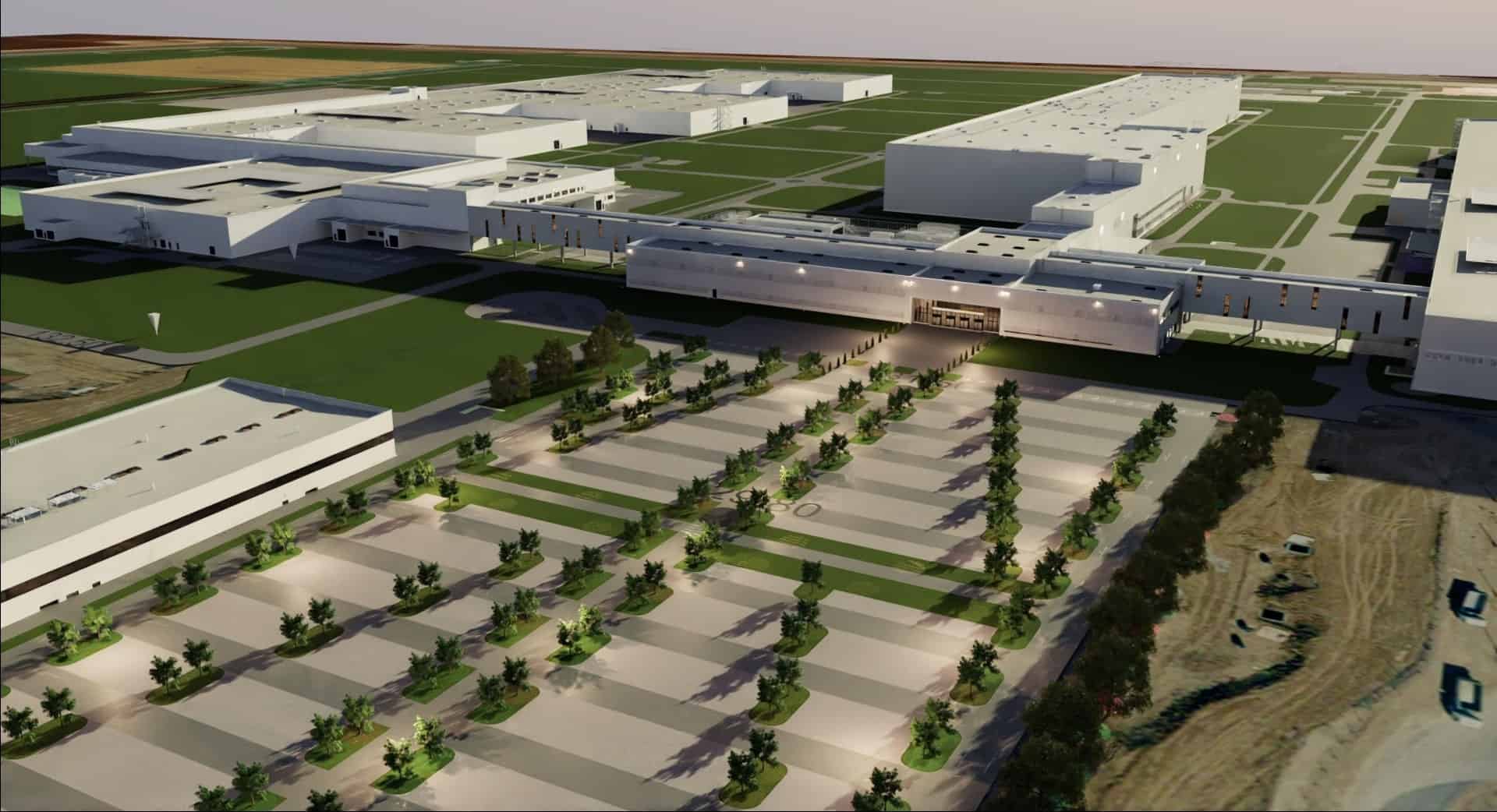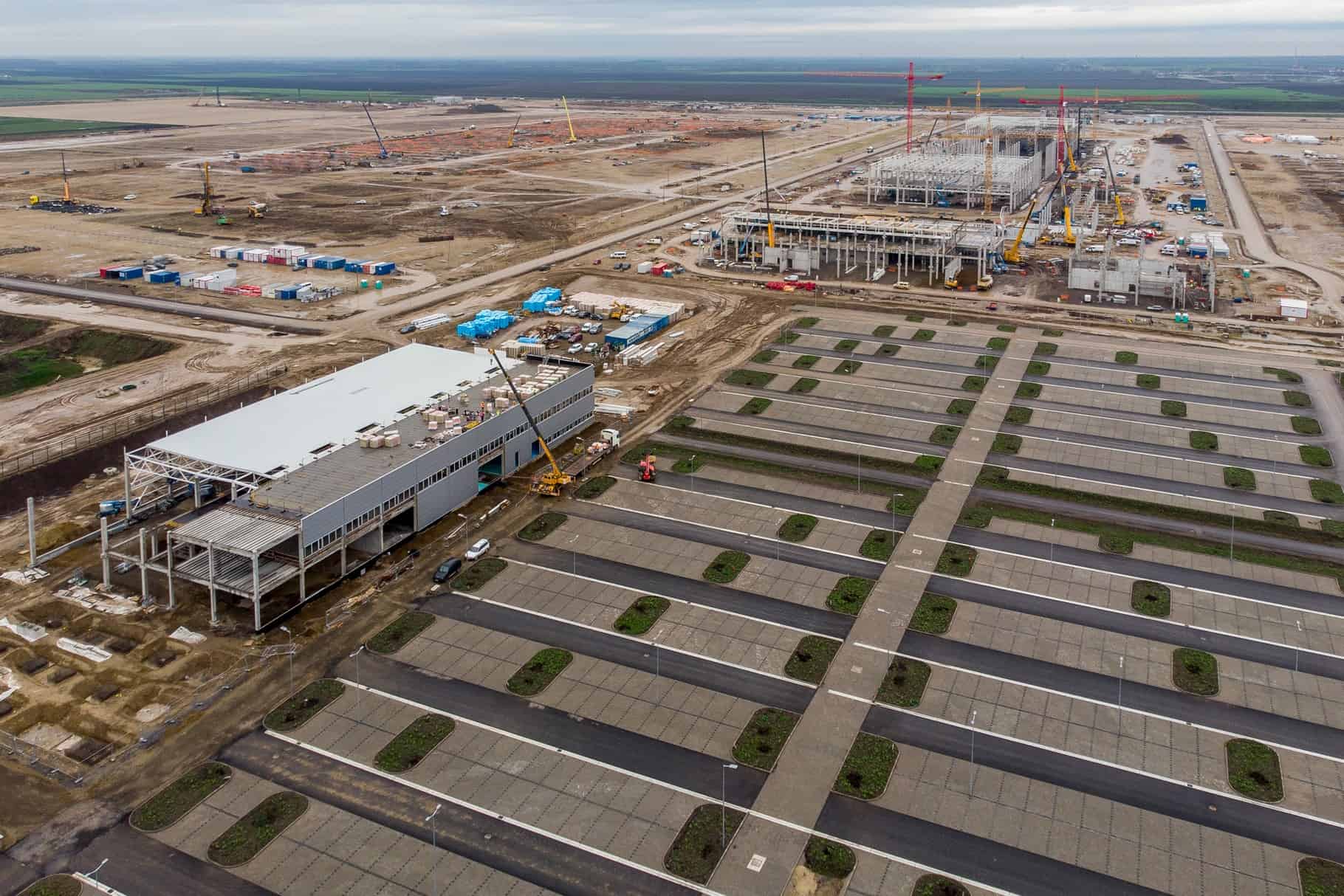BMW has announced plans to increase its investment at the Debrecen car plant to more than €2 billion to include a battery assembly facility as well. Over 500 extra jobs will be created by the end of 2025 when the site in Hungary will become operational. The assembly of high-voltage batteries will take place on the site of the vehicle plant to make it easier in terms of logistics by cutting distances as much as possible.
Rather than making the prismatic cells used for current electric vehicles, the upcoming Debrecen facility will assemble the new round cells tailored to Neue Klasse models. As previously announced, these will increase the charging speed by 30% as well as the vehicle’s range by the same percentage. NE-based cars will have support for 800V tech, enabling an owner to restore the battery from 10% to 80% about 30% quicker compared to existing EVs.

Round cells will have an energy density increased by more than 20% compared to the fifth-generation prismatic cells in use today. BMW estimates costs related to battery production will go down by as much as 50% while CO2 emissions generated during the manufacturing process will be reduced by up to 60%. These next-gen battery cells will have a standard diameter of 46 millimeters and two different heights – one for cars and the other for SUVs.
BMW has previously said the Neue Klasse platform will debut with a sedan and an SUV in the midsize segment, likely meaning a global i3 (the current model is China-only) and a next-generation iX3. NE cars will begin to roll off the assembly line in Munich in 2026, a year after Debrecen. Following a separate $1.7-billion investment, the company’s Spartanburg plant in South Carolina will be making at least six electric SUVs – along with their battery packs – by 2030.
We will get our first taste of the hugely promising Neue Klasse architecture as early as January 2023 at CES in Las Vegas where BMW is going to introduce a new Vision-badged concept car.
Source: BMW








































































